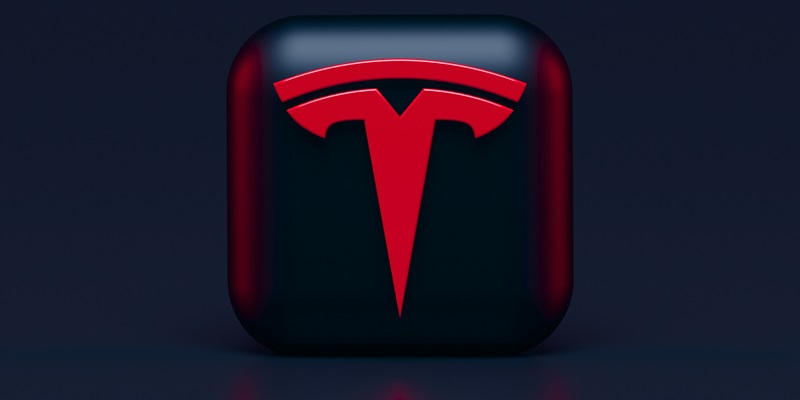Tesla, the electric vehicle giant led by Elon Musk, has recently made waves in the cryptocurrency market. According to Arkham Intelligence, which monitors crypto transactions, Tesla has added approximately 1,789 bitcoins to its holdings. The move has not gone unnoticed, as it suggests the car manufacturer might be subtly increasing its investment in Bitcoin. While the company previously purchased $1.5 billion worth of Bitcoin in early 2021 and then sold a portion in Q2 2021, this additional accumulation could signal a renewed confidence in the cryptocurrency’s future. The crypto community is abuzz with this development, pondering whether Tesla is aligning its financial strategy with a stronger cryptocurrency portfolio. This strategic bolstering could have a significant impact on both Tesla’s financial diversification and broader market perceptions of Bitcoin’s institutional adoption.
Possible Expansion of Bitcoin Holdings
Given the anonymity of Bitcoin transactions, Tesla’s exact strategy remains a riddle, wrapped in an enigma of Musk’s unpredictable financial moves. The community is eagerly awaiting the next financial disclosures from Tesla, which could potentially confirm these new Bitcoin acquisitions. The ramifications of such a development would ripple across the industry, given Tesla and Musk’s influence. Tesla’s earlier engagement with Bitcoin was a catalyst in legitimizing cryptocurrency as a corporate asset. This makes their current holdings and any fresh acquisition particularly notable, potentially impacting market sentiment and investor decisions.
Tesla and the Cryptocurrency Conundrum
Tesla’s relationship with Bitcoin has been unpredictable. Initially, the company invested a hefty $1.5 billion in the cryptocurrency in February 2021 and briefly accepted it for vehicle purchases. However, Tesla soon backpedaled on Bitcoin payments due to environmental concerns associated with mining the digital currency. In a further twist, Tesla cashed in a significant part of its Bitcoin holdings in 2021, causing speculation about its stance on cryptocurrencies. Recently, an increase in Bitcoin on Tesla’s balance sheet suggests a rekindled interest, yet the firm has made no announcements regarding fresh acquisitions. Market watchers are keeping a keen eye on Tesla’s cryptocurrency maneuvers, recognizing that its actions may not only reflect a change in its financial approach but could also impact wider market dynamics significantly.

